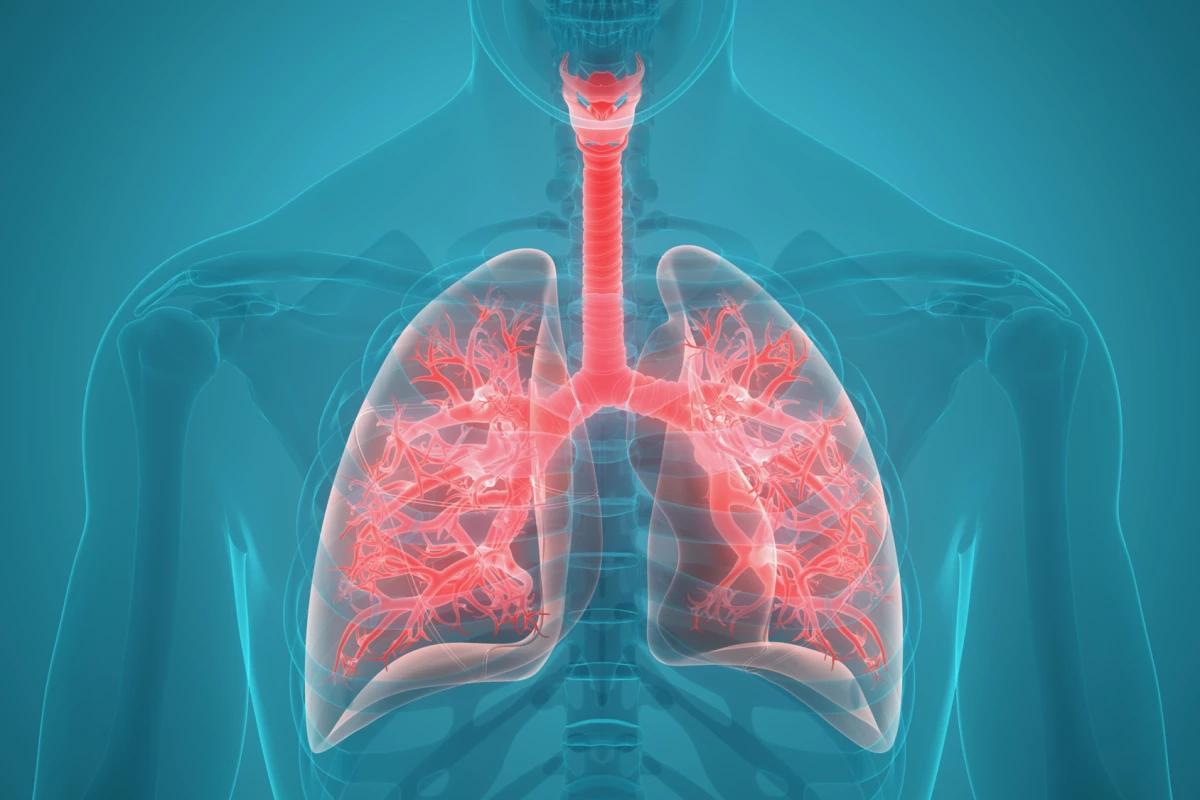If there's one thing that the past few years have made us of aware of, it's the danger of respiratory viruses. An inhalable powder may one day help temporarily protect against them, by working with the natural layer of mucus in users' lungs.
Our respiratory system is lined with a mucus-secreting membrane which continuously traps inhaled particles such as pollen, smoke and – to a certain extent – viruses and bacteria. These items are subsequently removed from the airways as the mucus is either swallowed or coughed out.
Unfortunately, viruses are often able to make their way through that layer of mucus, infecting the underlying lung cells. That's where the SHIELD (Spherical Hydrogel Inhalation for Enhanced Lung Defense) powder is intended to come in. Developed by scientists at North Carolina State University, it takes the form of microparticles which are made up of a food-safe gelatin and poly(acrylic acid), combined with a non-toxic ester.
When administered via an inhaler and exposed to the moisture of the respiratory tract and lungs, the microparticles swell to form a sticky hydrogel which adheres to the existing mucosal layer. This enhanced barrier is reportedly much more difficult for viruses to penetrate – importantly, though, it does not negatively affect the respiratory process. What's more, the gel completely biodegrades over a 48-hour period, and is passed from the body.
In tests performed on mice, SHIELD blocked Covid-19-causing SARS-CoV-2 virus particles with 75% efficiency for four hours after inhalation, then fell to 18% after 24 hours. The powder was similarly effective against H1N1 and pneumonia viruses.
When tested on monkeys that inhaled both the original and Delta SARS-CoV-2 variants, animals which received the powder beforehand had 50- to 300-fold less of a viral load than an untreated control group. Additionally, none of the treated monkeys showed signs of infection such as fibrosis or lung inflammation – and the protective effect lasted for eight hours.
"It works like an 'invisible mask' for people in situations where masking is difficult, for example during heavy exercise, while eating or drinking, or in close social interactions," said Prof. Ke Cheng, corresponding author of a paper on the research. "People can also use SHIELD on top of physical masking to have better protection."
The paper was recently published in the journal Nature Materials.
Source: North Carolina State University




